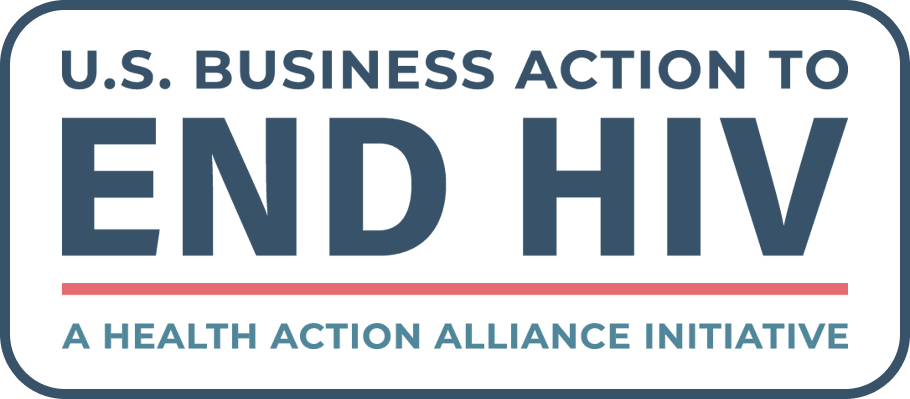
| TBD Panels | 3-Panel STD Test | 9-Panel STD Test | 5-Panel STD Test | 3 Site: Oral, Rectal, Genital |
|---|---|---|---|---|
| Chlamydia |  |  |  |  |
| Gonorrhea |  |  |  |  |
| Trichomoniasis |  |  |  | |
| HIV (Ag/Ab) |  |  | ||
| Syphilis |  |  | ||
| Hepatitis B & C |  | |||
| HSV I |  | |||
| HSV II |  |
- 8 E Charleston Blvd
- Las Vegas, NV 89104
- Tues and Fri
- 10 AM – 2PM
- Contact us:
- +1 (702) 909-0554
- hello@tbd.health

| TBD Panels | 3-Panel STD Test | 9-Panel STD Test | 5-Panel STD Test | 3 Site: Oral, Rectal, Genital |
|---|---|---|---|---|
| Chlamydia |  |  |  |  |
| Gonorrhea |  |  |  |  |
| Trichomoniasis |  |  |  | |
| HIV (Ag/Ab) |  |  | ||
| Syphilis |  |  | ||
| Hepatitis B & C |  | |||
| HSV I |  | |||
| HSV II |  |

Written by: Grace Smolen, public health student
Stigma is defined as a mark of disgrace, a negative belief about an individual or group of people. I experienced stigma when I got Herpes Simplex Virus-1 my sophomore year of college (ironically, on National Herpes Day). The stigma mostly came from within; I judged myself more than anyone else did. I thought I was dirty. In reality, I was simply uneducated on the normalcy of sexually transmitted infections (STIs).
After a few days of moping around, I began to give myself the sex education I never had. I watched Ella Dawson’s famous TedTalks, read books by Peggy Orenstein and Dr. Ina Park, and started to talk openly with my friends about sex. Most of my friends and I went to a private Catholic school where John Paul II’s theology of the body was our version of a sex education, emphasizing celibacy in order to get into heaven.
TBD Recommends: 5-Panel STD Test
I decided I wanted to educate not only my friends, but as many college students as possible. I then embarked on the journey to change the norm and lessen the stigma of STIs and sexual healthcare.
In March of 2021, I founded a student organization dedicated to de-stigmatizing STIs while providing a comprehensive sex education. We hand out free condoms, lube, and do giveaways with sex toys. But I wanted to do more. I began my first undergraduate research study in late 2021, looking at college students’ social norms, behavior beliefs, and attitudes around STIs.
This study was conducted with a cross-sectional survey of around 230 students. A majority of them were female, Caucasian, and pursuing their undergraduate degree. We looked at the differences between beliefs, norms, fears, and knowledge about STIs among people who reported being comfortable and uncomfortable discussing their sexual health with various referents (healthcare providers, friends, parents, and siblings). We used validated scales(1) to measure knowledge of STIs, perceived social norms of a sexual partner(s)’ desire for one to get tested, behavioral beliefs, and perceived social fear.
Some questions for the social norms portion of the study included:
- “If I knew my sexual partners wanted me to get tested for STIs I would…” with the options of ‘Definitely get tested,’ ‘Maybe get tested,’ and ‘Definitely not get tested.’
- “If I get tested for STIs…” with options: ‘I will stay healthy,’ ‘I will feel reassured,’ ‘I will be embarrassed,’ etc.
Lastly, some knowledge questions included:
- Symptoms of all STIs are painful (true or false)
- People who always use condoms are safe from all STIs (true or false)
- Not all STIs can be cured (true or false)
The results from this study showed that
- 70.8% answered the knowledge questions correctly. We assume this high number is due to the nature of the survey - people who know about sexual health already might be more comfortable answering these types of questions.
- Participants were most comfortable talking to their healthcare provider about STIs and least comfortable talking with their parents.
- Those who were comfortable talking with their healthcare provider about their sexual health had significantly higher knowledge scores, behavior beliefs, and significantly lower social fear of getting an STI than those who said they would be uncomfortable.
So, in a nutshell, we learned that people who have more knowledge, generally have less stigma. I also recently presented the study, entitled ‘Examining students’ knowledge, behavioral beliefs, and social norms regarding sexually transmitted infections,’ at the American Public Health Association annual conference in Boston, Massachusetts.
Data from the CDC in 2018 showed that 1 in 5 people in the United States had an STI on any given day. People get STIs. It happens. While they can be prevented and nobody wants to get an STI, it is not the end of the world if it happens to you. Healthcare providers and public health professionals working to advance the sexual health of college students should focus their efforts on decreasing stigma and increasing confidence when discussing their sexual health.
TBD Recommends: Take our sexual health questionnaire
Within my student organization, courses, and eventually my career, I hope to de-stigmatize the idea of sexual health. I hope to educate people and help them find resources to take care of themselves. I hope to lessen the stigma that people feel when they contract an STI. Ultimately, we should be working towards making sex less taboo and secretive. It needs to be talked about openly and comfortably. Only then will we be able to dismantle the stigma and stereotypes of STIs and seeking sexual healthcare.
About the Writer
Grace Smolen (She/Her) is a final semester public health student at the University of Arkansas who enjoys hiking, running marathons, and studying sexual health.
References
Martin-Smith, H.A., Okpo, E.A. & Bull, E.R. Exploring psychosocial predictors of STI testing in University students. BMC Public Health 18, 664 (2018). https://doi.org/10.1186/s12889-018-5587-2
This article provides information about sexual health, healthcare and/or related subjects. The blog content and any linked materials herein are not intended to be, and should not be construed as a substitute for, medical or healthcare advice, diagnosis or treatment. Any reader or person with a medical concern should consult with an appropriately-licensed physician or other healthcare provider. This blog is provided purely for informational purposes. The views expressed herein are not sponsored by and do not represent the opinions of TBD Health Inc.
Email us and a team member will get back to you within 24 hours. We’re also available via call or text at +1 (702) 909-0554
Sign up below to get 10% off
By providing my email address, I agree to receive email with marketing communications from TBD Health including news, promotions and exclusive offers. I understand that I can opt out at any time by using unsubscribe links. Visit our Terms of Service or Privacy Policy for more information.











